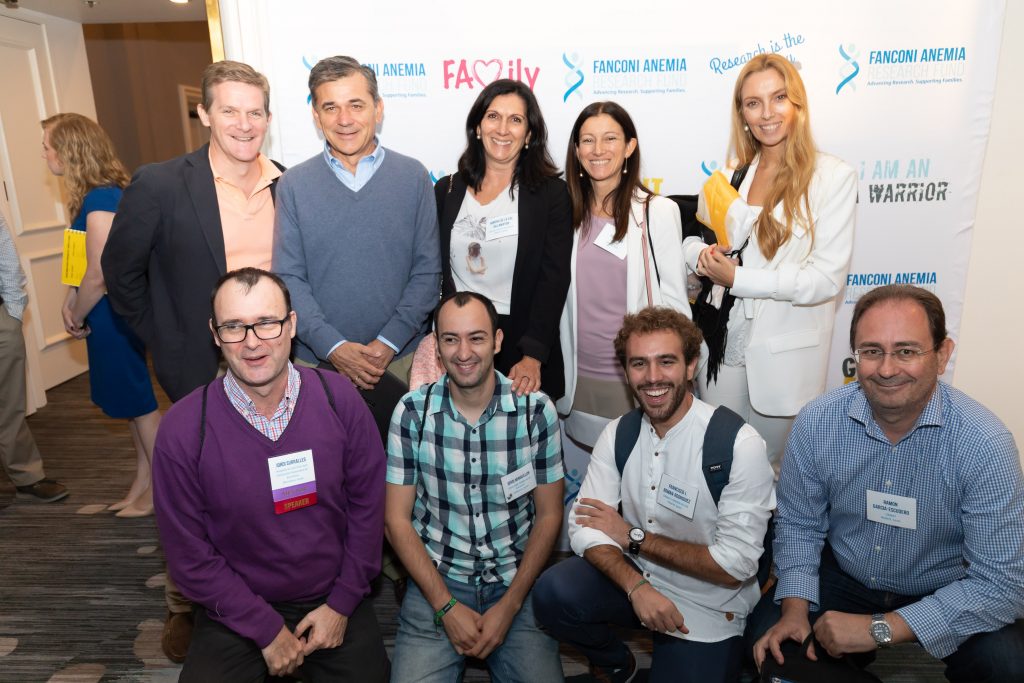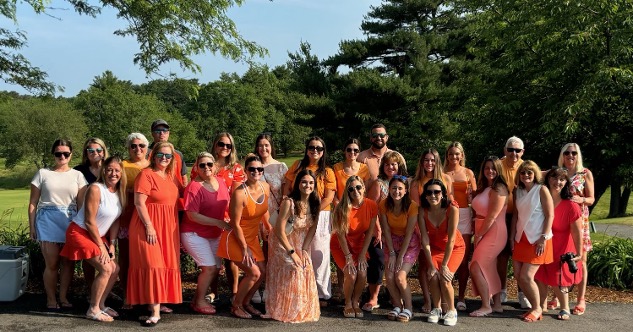People with Fanconi anemia (FA) have a 500- to 700-fold increased risk of developing head and neck squamous cell carcinoma (HNSCC) tumors when compared to the general population. Conventional treatments available for non-FA-HNSCC such as radiation therapy and chemotherapy are highly toxic to people with FA, making alternative therapeutic options desperately needed.
The research
In a recent FARF-funded study, Drs. Jordi Surrallés and Jordi Minguillón of the Hospital de Sant Pau and Universitat Autonoma de Barcelona performed a screen of 3,800 drugs (including 1,200 FDA approved drugs) on HNSCC cell lines derived from patients with FA. The goal of the study was to identify drugs that could kill tumor cells without harming normal cells or causing DNA damage.
At the 30th Scientific Symposium in late 2018, the Barcelona team showed promising results on two potential drugs: Gefitinib (Iressa) and Afatinib (Gilotrif), which block activity of the epidermal growth factor receptor (EGFR). EGFR is a cell-surface receptor protein that, when active, leads to increased cell growth, survival of tumor cells, and metastasis (when cells grow beyond the primary tumor). EGFR is highly expressed in head and neck tumors in the general population and is active in FA patient-derived tumor cell lines. EGFR has long been a cancer-specific target for drug therapies, and Gefitinib and Afatinib currently have FDA-approval for treating a specific kind of lung cancer (non-small cell) in the general population. The efficacy of these drugs has never been tested before in the context of FA cancers, however.
Drs. Surrallés and Minguillón’s study is the first to show that Gefitinib and Afatinib inhibited FA HNSCC cell line growth without damaging DNA. When mice with FA HNSCC tumor cells were treated with these drugs, the research team observed that the drugs inhibited tumor growth efficiently. In addition, no adverse hematologic effects were seen in a mouse model of Fanconi anemia, suggesting that these drugs could be safe in patients.

Spanish researchers, including Drs. Jordi Surrallés (bottom left) and Jordi Mingullón (bottom second from left)
Why is this significant?
The findings from this study are exciting because targeted therapies for HNSCC that do not induce DNA damage are desperately needed for FA patients. Dr. Surrallés and Dr. Minguillón have since obtained Orphan Drug Designation (ODD) for both Gefitinib and Afatinib to treat HNSCC In Fanconi anemia by the European Medicines Agency (EMA). These are early but encouraging steps to reach the goal to develop and initiate a clinical trial to treat HNSCC in FA patients. Stay tuned for updates on this promising potential trial.




